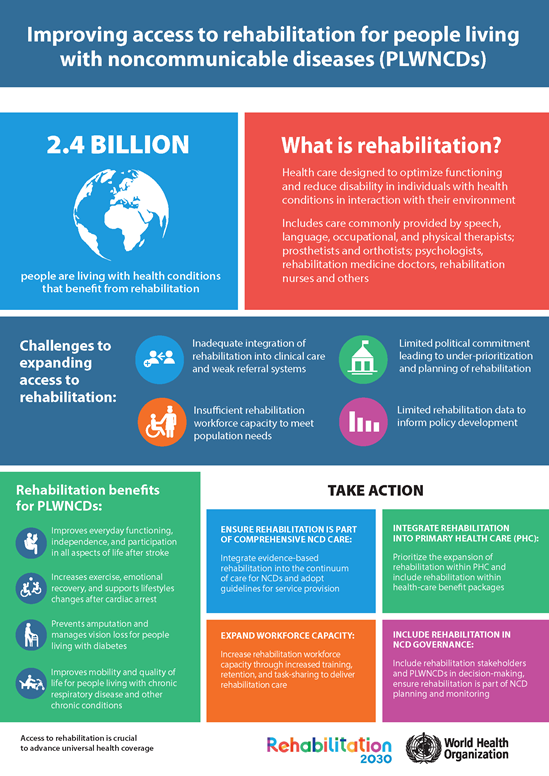Getting My Narconon Africa To Work
Wiki Article
Top Guidelines Of Narconon Africa
Table of ContentsNarconon Africa Fundamentals ExplainedThe Basic Principles Of Narconon Africa The Definitive Guide for Narconon AfricaNarconon Africa Fundamentals ExplainedNarconon Africa - QuestionsGetting The Narconon Africa To WorkThe Greatest Guide To Narconon Africa
In a series of documents with Manudeep Bhuller and Katrine V. Lken, we get rid of these data difficulties and the nonrandomness of imprisonment, providing new insights right into just how imprisonment affects regression, work, children, and criminal networks - copyright addiction recovery. Number 1 Our work studies the effects of imprisonment in Norway, a setup with 2 crucial advantagesWe can additionally connect this details to various other relative, including children and brother or sisters. We have info on co-offending that enables us to map out criminal networks for observed criminal offenses. Second, we can take advantage of the arbitrary project of criminal instances to judges who differ in their tendencies to send out accuseds to prison.
Some judges send defendants to prison at a high rate, while others are extra tolerant. We determine a judge's stringency as the ordinary incarceration price for all other cases a judge manages, after managing for court and year set results, which is the level of arbitrary task. This quasi-random project of court stringency can be utilized as an instrument for imprisonment, as it strongly forecasts the judge's decision in the existing instance, however is uncorrelated with various other situation features both by layout and empirically.
The 3-Minute Rule for Narconon Africa
Qualities of detainees, consisting of demographics and crime classifications, are broadly similar in Norway and various other nations, consisting of the United States, with the exceptions that the United States homicide rate is a lot greater, and race plays a bigger duty there also. What sticks out as different, specifically compared with the USA, is the jail system.Figure 2In Norway, the ordinary time invested behind bars is a little over six months, which resembles most other Western European countries. This contrasts with typical United States jail time of virtually 3 years, which is in big part the reason the USA is an outlier in its imprisonment price compared with the remainder of the world [Number 1]
Little Known Facts About Narconon Africa.
This gives a lot more separation between small and solidified lawbreakers than exists in the United States. There is no overcrowding in Norwegian prisons and far better individual safety and security, with each prisoner being assigned to their very own cell and a higher inmate-to-staff proportion than in the USA (https://www.anyflip.com/homepage/wzegw). Prisons in Norway likewise use well-funded education and learning, drug therapy, psychological health, and task training programsOur research study on the effects of imprisonment on the wrongdoer, utilizing the random assignment of judges as an instrument, yields three vital findings. First, imprisonment dissuades even more criminal behavior. We find that imprisonment reduces the probability that a person will certainly reoffend within five years by 27 percent points and reduces the equivalent variety of criminal costs per person by 10 fees.
Narconon Africa for Beginners
We locate sizable reductions in reoffending chances and collective billed criminal activities also after offenders are released from prison. Our second outcome is that bias due to choice on unobservable specific characteristics, if disregarded, leads to the incorrect conclusion that time visit this website invested behind bars is criminogenic. If we simply compare criminal offenders sent out to prison versus those not sent out to prison, we find favorable associations in between incarceration and succeeding crime.This stands in comparison to our analysis based upon the random task of judges, which discovers an opposite-signed outcome. Third, the reduction in criminal offense is driven by people that were not working before incarceration. Among these people, imprisonment raises participation in programs guided at improving employability and minimizing relapse, and this ultimately increases work and profits while discouraging criminal habits.

Jail time creates a 34 portion factor increase in involvement in work training programs for the previously nonemployed, and within five years their employment price rises by 40 percent points. At the exact same time, the possibility of reoffending within 5 years is cut by 46 portion factors, and there is a decrease of 22 in the average number of criminal fees.
Getting My Narconon Africa To Work

A possible explanation for the difference is that Norway's jail system varies noticeably, both in regards to prison-term length and prison problems, from the United States jail system. While understanding the results of incarceration on the wrongdoer is an important primary step, catching spillover impacts is also important for assessing criminal justice policy and developing efficient jail systems.
The Best Guide To Narconon Africa

Average least squares estimates reveal that kids of incarcerated daddies are 1 percent point more probable to be charged with a criminal offense, family member to a mean of 13 percent, and show no result on school qualities. Using our court stringency tool, we locate no analytical evidence that a daddy's imprisonment affects a youngster's own criminal offense or institution grades, yet we are unable to dismiss modest-sized effects.
Fascination About Narconon Africa
We specify criminal groups based upon network web links to previous criminal instances. Our analysis returns three major findings. When a criminal network participant is put behind bars, their peers' possibility of being charged with a future criminal offense lowers by 51 percent points over the next four years. Having an older sibling incarcerated lowers the likelihood his younger bro will certainly be billed with a crime by 32 portion points over the next four years.Report this wiki page